The five best '60s supercars
The 1960s was a revolutionary decade by many measures – the civil rights and women’s liberation movements, May ‘68 and the Space Race all helped shape modern society. Less obviously world-shaping, but arguably as impactful today was, the growth of mass personal transport as cars became much more accessible after the post-war austerity years. The Jaguar E-type and Ford Mustang brought power and style within everyday reach while the Austin Mini became the template for all future family cars.
The ‘60s also gave us the supercar by most popular definitions – a mid-mounted engine, two seats, dramatically beautiful styling and wild impracticality often including, but not limited to, a tendency to catch fire unexpectedly. Apparently, ‘if you can remember the ‘60s you weren’t there (man)’ but the cars below haven’t been forgotten by any means. But if you are wondering where the Alfa Romeo 33 Stradale has got to, we will be covering that separately.

1964 Ford GT40
What happened at La Sarthe in 1966 and the snub that led to it has been exhaustively picked over and was the subject of last year’s excellent Le Mans ‘66 so we’ll focus on the car itself. Presented to the Ford board in June 1963, it was the work of the company’s advanced vehicle department led by British expat Roy Lunn who had designed an early mid-engined Mustang concept. Two iterations were planned, the competition GT40 to take the fight to Ferrari – famously named after its height in inches – and a roadgoing GT46 to combat the Corvette.
Allegedly the Ford high-ups took just five minutes to give the project the nod and Lunn was sent back over the Pond to find a suitable company to build the car. Lotus, Cooper and Lola were all considered with the latter getting the contract due to its experience using Ford V8s in the Lola Mk6 GT. Development took place in the Ford Advanced Vehicles HQ in Slough aided by Bruce McLaren and a primitive computer programme to aid suspension design. It could be argued that the Ford GT40 was about as American as roast beef and horseradish… Famously walking away with four consecutive Le Mans victories, less well known is the fact that a number of GT40 road cars were built, including the Mk3 variant with luggage space and an ashtray, definitely qualifying it for supercar status.
|
Engine and transmission |
4.7-litre V8, five-speed manual, rear-wheel-drive |
|
Power/torque |
275PS (271bhp)/423Nm (312lb ft) |
|
0-60mph |
n/a |
|
Top speed |
140mph |

1963 Ferrari 250 LM
The Lamborghini Miura is remembered as the first purely roadgoing supercar with some unfairly deriding Ferrari as being late to the party by the time the 365 GT/4 BB went on sale in 1973. In fact, Ferrari’s first foray into midships motors predated the Miura, but as a road car it was just never homologated as Enzo Ferrari intended. The 250 LM is hardly a forgotten Ferrari but it does tend to be overshadowed by its cousin given the famous ‘GTO’ letters. Not as elegant overall as the rest of the 250 lineage, the 250 LM suffers from slightly gawky transitional styling representing its place betwixt the front and mid-engine eras.
Introduced at the 1963 Paris Motor Show, the 250 LM (for Le Mans, signalling its intent) the car took the GTO’s glorious V12 and mounted it behind the driver. Despite once saying ‘the horse pulls the cart’ Enzo Ferrari had already seen success with this layout in Formula 1, the famous 156 Sharknose winning the 1961 championship and then 250 P winning Le Mans in 1963. The 250 LM should in fact have been called the 275 after the swept volume of one of its 3.3-litre V12’s cylinders but Ferrari was trying to pull the same homologation trick as with the 250 GTO and persuade the FIA that the requisite 100 had been built. Not one to be fooled twice, the FIA declared that the car had to run as a prototype, in which guise it still claimed Ferrari’s last outright Le Mans victory in 1965.
|
Engine and transmission |
3.3-litre V12, five-speed manual, rear-wheel-drive |
|
Power/torque |
324PS (320bhp)/313Nm (230lb ft) |
|
0-60mph |
4.5 seconds (est.) |
|
Top speed |
180mph |

1966 Lamborghini Miura
It was another Enzo Ferrari-caused grudge that led to the creation of the Lamborghini car company but its founder Ferruccio Lamborghini was equally adamant that the engine belonged at the front of the car. As a result, what is regarded as the world’s first mid-engined road going supercar (but not the first production car using the layout, that was the Matra Djet) was designed in secret by the firm’s top three engineers Gian Paolo Dallara, Paolo Stanzini and Bob Wallace. Their boss was eventually won round by the argument that the car could be presented as a PR stunt at the 1966 Geneva Motor Show.
Of course, wrapped in its sensational Marcello Gandini at Bertone body, the reaction to the Miura – named after a lineage of famous Spanish fighting bulls – was unequivocally that the company should put it into production. Taking a cue from the Mini, the Miura’s 3.9-litre V12 was cast in a piece with its gearbox, sharing the same lubrication system. Just 764 were built between 1966 and 1973 but famous owners included Frank Sinatra, Miles Davis and Eddie Van Halen. It was replaced with the equally mind-bending Countach.
|
Engine and transmission |
3.9-litre V12, five-speed manual, rear-wheel-drive |
|
Power/torque |
350PS (345bhp)/369Nm (272lb ft) |
|
0-60mph |
6.7 seconds |
|
Top speed |
174mph |

1967 De Tomaso Mangusta
Yet another supercar created as a result of a grudge – and we thought everyone was so chilled out in the ‘60s – Mangusta means ‘mongoose’, famously a creature that kills cobras. Alejandro had agreed a deal with Carroll Shelby of Cobra fame to develop a new Can-Am racecar but failed to deliver them in time for the 1965 season, Shelby pulled out of the deal and joined the Ford GT40 development effort instead.
The De Tomaso P70 chassis design was therefore adapted for road use and a body designed by Giorgetto Giugiaro at Ghia, notable for the gullwing bonnet covering the mid-mounted Ford V8. Arguably better looking than its successor the Pantera, the Mangusta suffered from poor weight distribution and questionable handling. Just over 400 were produced between 1967 and 1971.
|
Engine and transmission |
4.7-litre V8, five-speed manual, rear-wheel-drive |
|
Power/torque |
305PS (301bhp)/557Nm (411lb ft) |
|
0-60mph |
6.0 seconds |
|
Top speed |
150mph |

1969 McLaren M6 GT
No falling outs recorded in the history books here, no doubt due to Bruce McLaren’s famed affability and laid back charm (but with a steely determination), but it is a tantalising glimpse at ‘what if’. Could the McLaren M6 GT have predated the McLaren F1 as the foundation of the McLaren road car dynasty by decades? McLaren wanted to race in Le Mans, using the successful M6A chassis adapted to Group 4 GT rules but homologation changes meant the race project was shelved.
Instead Bruce and chief designer Gordon Coppuck decided to create a limited production road car using the M6A chassis and 5.0-litre Chevrolet V8. It was intended to be the fastest, quickest and most nimble road car on sale. The prototype, registered OBH 500H was capable of 0-100mph in eight seconds and a top speed of 180mph. Bruce McLaren used it as his daily driver until his untimely death which brought to an end the dreams of series production. However a couple of other examples are known to exist.
|
Engine and transmission |
5.0-litre V8, five-speed manual, rear-wheel-drive |
|
Power/torque |
370PS (364bhp)/515Nm (380lb ft) |
|
0-60mph |
4.2 seconds |
|
Top speed |
180mph |
GT40 and Miura images by Nigel Harniman, 250 LM image courtesy of RM Sotheby’s.
List
Lamborghini
Miura
Ford
GT40
De Tomaso
Mangusta
Ferrari
250 LM
McLaren
M6 GT





